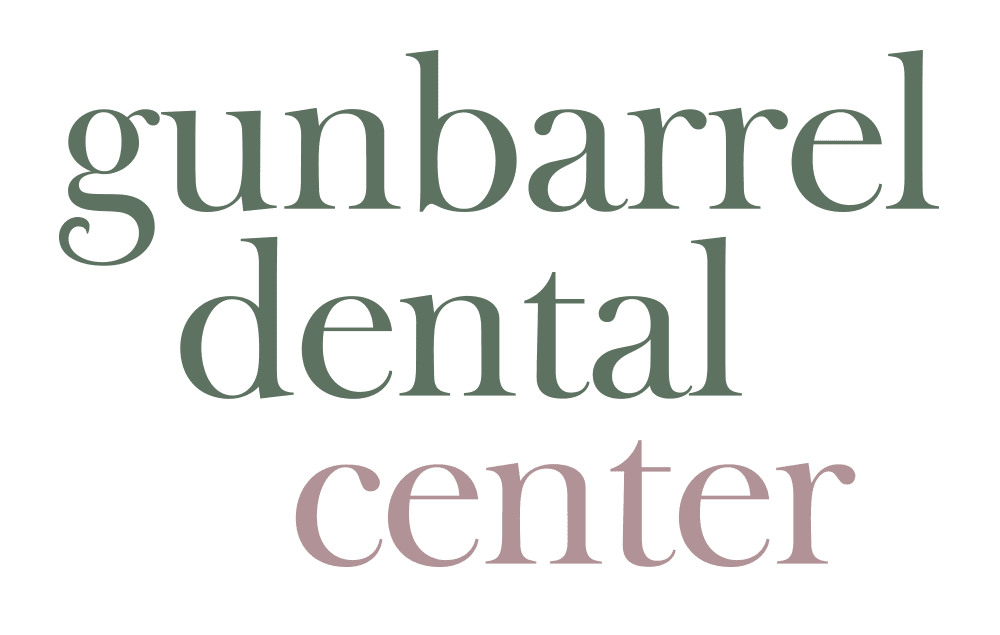Do you wake up with a headache? Dr. Rachel Barone treats frequent headaches in Boulder, CO, as part of her dental concerns. TMJ disorders are a common cause of headaches and facial pain for patients. Dr. Barone can provide comprehensive treatment to reduce and eliminate TMJ headaches.

How Are Headaches Connected to TMJ Disorders?
TMJ stands for temporomandibular joint, the hinge that connects your lower jaw to the rest of your skull. You have one on each side of your head, just in front of your ears. These joints help you open and close your mouth, chew, and speak.
When the TMJ isn’t working properly, it’s called a TMJ disorder, or TMD. This condition can lead to a variety of symptoms, including:
- Jaw pain or stiffness
- Clicking or popping when opening or closing your mouth
- Difficulty chewing
- Earaches
- Neck and shoulder pain
- Frequent headaches or migraines
TMJ-related headaches are often felt in the temples, across the forehead, behind the eyes, or at the back of the head. They can feel like tension headaches or mimic migraines. These headaches happen when the muscles around the jaw are strained or out of balance.
When your bite is off or you clench and grind your teeth (especially at night), it puts extra pressure on the TMJ and the surrounding muscles. This pressure can trigger pain that radiates to the head, neck, and face.
Why See a Dentist for Headaches?
Most people think of dentists as the go-to providers for toothaches or cavities, but dentists like Dr. Barone are trained to recognize and treat jaw joint problems as well. If your headaches are related to your bite or jaw function, a dentist is often the best place to start.
Dr. Barone will begin by listening to your symptoms and asking about your headache history. She’ll examine your bite, jaw movement, and the condition of your teeth. In some cases, digital X-rays or bite analysis tools may be used to get a closer look.
If she determines that TMJ problems or teeth grinding are contributing to your headaches, she’ll work with you to create a personalized treatment plan.
Treat Headaches in Boulder, CO
At Gunbarrel Dental Center, we offer several effective options for treating TMJ-related headaches:
Custom Nightguards
One of the most common causes of TMJ-related headaches is teeth grinding, also called bruxism. Many people grind or clench their teeth while they sleep and don’t even know they’re doing it. This constant pressure on the jaw can cause the surrounding muscles to become tight, which often leads to morning headaches.
Dr. Barone may recommend a custom nightguard to protect your teeth and reduce the strain on your jaw muscles. These nightguards are made just for you and fit comfortably over your teeth while you sleep. They help relax your jaw and reduce clenching and grinding.
Bite Adjustment (Occlusal Equilibration)
If your bite is uneven or your teeth don’t line up properly, it can cause certain muscles to work harder than they should. Over time, this muscle imbalance can lead to headaches, jaw pain, and even tooth damage.
Dr. Barone may recommend a bite adjustment to even out your bite. This can involve reshaping the surfaces of a few teeth so that your bite feels more balanced and natural. In some cases, orthodontic treatment or dental restorations like crowns may be recommended to improve your bite.
TMJ Exercises and Jaw Therapy
Gentle stretching and strengthening exercises can help improve the function of the TMJ. Dr. Barone can show you how to do TMJ exercises at home to reduce jaw tension and improve movement. Sometimes, she may also refer you to a physical therapist or specialist who can help with more advanced therapy techniques.
Stress Management
Stress is a major factor in teeth grinding and muscle tension. If you clench your jaw during the day or grind your teeth at night due to stress, learning to manage that stress can make a big difference. Dr. Barone may suggest relaxation techniques, breathing exercises, or even talking to a counselor or therapist for additional support.
Treating Headaches at Home
In addition to professional treatment, you can do several things at home to reduce headaches caused by TMJ problems:
Apply Heat or Cold
Placing a warm compress on your jaw or neck can help relax tight muscles. If your jaw feels sore or swollen, try a cold pack to reduce inflammation. You can switch between hot and cold for added relief. Only use a hot or cold compress for 10 to 15 minutes at a time.
Eat Soft Foods
Chewing hard or sticky foods can make your jaw sore. Stick to soft foods like yogurt, smoothies, eggs, and soup until your symptoms improve. We may recommend eating a soft diet for several weeks as you begin treatment.
Avoid Big Bites and Gum
Taking large bites of food or chewing gum puts extra pressure on your jaw joint. Try cutting food into small pieces first before you eat. You should also avoid gum to give your jaw a break.
Use Proper Posture
Believe it or not, the way you sit or stand can affect your jaw. Slouching or hunching your shoulders can strain your neck and jaw muscles. Try to sit up straight and keep your head aligned with your spine. You can also keep your computer or phone screen at eye level to reduce strain in your upper body.
Try Gentle Jaw Stretches
Slow and gentle stretches can improve jaw mobility. Dr. Barone can teach you a few simple movements to do at home. Avoid any exercises that cause pain or make your symptoms worse.
Get Enough Sleep
Lack of sleep can worsen headaches. Try to get 7 to 9 hours of sleep each night. If teeth grinding disrupts your sleep, a nightguard could help you rest better and wake up with fewer headaches.
Request a Visit
Get treatment for headaches at the dentist in Boulder, CO. You can call Gunbarrel Dental Center today at 720-881-0614. Feel free to schedule an appointment with Dr. Barone online. Let her know if you have questions about treatment.

